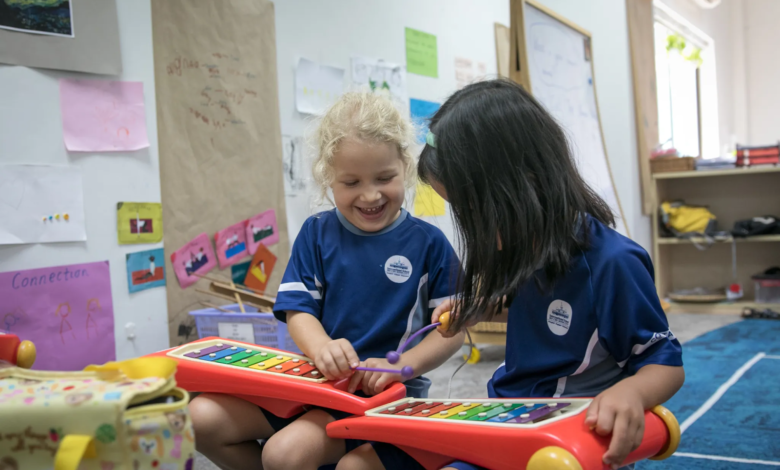Unlocking Potential: Improving Conversation Skills for Kids

Improving conversation skills to have a conversation or generally communicate with others is a critical stage of a child’s development, nurturing social interaction skills. By ensuring that parents and educators concentrate on daily strategies and activities, children become more confident and learn how best to make meaningful relationships. Below, we will discuss how you can improve these crucial skills and make the most of them, and the first step involves understanding their different types.
Why Are Improving Conversation Skills Important?
Conversation skills are necessary in relationship building, academics, and social interactions. For kids, early communication exercises open up the kid’s world and equip them to handle future problems.
In addition, these skills are directly related to the building of emotional intelligence and empathy. Thus, when children develop practical communication skills when speaking and listening, they become people who can perform well in any setting.
How to Improve Conversation Skills
Improving conversation skills involves targeted strategies encouraging children to communicate confidently and effectively in various scenarios.
Practicing Open-Ended Questions
Make children learn to ask questions that cannot be answered with simple one-word responses. For instance, they could replace the phrase ‘How was your day?’ with ‘What Was the highlight of your day?’. This approach facilitates the passing of messages and gives those passed adequate attention by the receiver.
Expanding Vocabulary
Developing the children’s vocabulary is essential to enable them to express themselves correctly. Launch into reading habits, storytelling, and educational exercises involving other words. Having different fun word challenges makes it easier to teach students new words and makes learning easier and more fun.
Role-Playing and Mock Conversations
Opportunities for group discourse involve safe conversation depiction and assisting kids in understanding each new role. Whether mimicking a casual conversation or a business-like dialogue, getting them used to it gets them more ready for real-life interaction.
Seeking Feedback
Encourage children to ask for feedback from trusted adults or peers. Constructive feedback helps them identify areas for improvement and reinforces their efforts to become better communicators. Learn more about how to improve conversation skills through expert advice and practical tips.
Daily Practices for Improving Conversation Skills
One should be precise with practice, as applying conversation skills to real life entails mastery. Consistent actions are essential in daily life since they create a stark contrast over a year.
- Family Conversations: Set aside time for family discussions during meals. This regular interaction helps children practice expressing their thoughts and listening to others.
- Reading Aloud: Reading together improves vocabulary and comprehension while providing opportunities for discussing stories.
- Social Play: Recommend activities that allow kids to engage with other students /children. This will enhance their social skills when required to talk in groups.
These practices enhance their communication abilities and strengthen familial and social bonds.
The Journey to Better Conversations for Kids with ISHCMC
Improving conversation skills is a lifelong journey that starts in childhood. Children can become confident and effective communicators by incorporating practical strategies and consistent practice. At ISHCMC, we believe in nurturing well-rounded students equipped with essential life skills. Explore our innovative programs and activities, including team building activities for secondary students, to see how we inspire growth and learning.
FAQs
Here are answers to frequently asked questions about improving conversation skills.
Q1: Why are conversation skills important for kids? Conversation skills help children build relationships, express themselves clearly, and navigate social situations effectively. These skills also boost confidence and emotional intelligence.
Q2: How can parents support their child’s conversation skills? Parents can help their child the most in many ways, such as using open-ended questions, reading with the child, and ensuring that their child participates in family discussions. Seeking feedback is also crucial while performing role-playing activities also matters a lot.
Q3: What are simple ways to practice conversation skills daily? Daily practices include family mealtime discussions, reading aloud, and group activities. These activities provide consistent opportunities for children to improve their communication skills.
You may also read.
Timberwolves vs Denver Nuggets Match Player Stats




